Biosecurity is about reducing the risk of introducing or spreading invasive non-native species (and other harmful organisms such as diseases). Pathways are the means by which non-native species are introduced or spread in Great Britain.
This section provides guidance for improving biosecurity. It also sets out work being carried out in GB to manage pathways of introduction and spread, including the development of Pathway Action Plans (PAPs).
Pathway Action Plans:
Pathway Action Plans provide guidance for different organisations and individuals on steps to take to reduce this risk. Pathway Action Plans have been drafted for:
- Angling
- Horticulture
- Recreational boating
- Zoos
Other biosecurity guidance:
- Biosecurity for field staff and volunteers - guidance for field work and resources with further information, including free online biosecurity training.
- Marine biosecurity - biosecurity resources for the marine environment and information on ballast water.
- Outdoor event managers - information for anyone involved in running outdoor events, for example adventure races or paddling competitions.
- Defra Group Biosecurity Hub - biosecurity guidance and resources for Defra group field staff, contractors and volunteers.
Awareness raising campaigns:
- Check Clean Dry - guidance for anglers, boaters and paddlers to keep your kit free from non-native species.
- Be Plant Wise - guidance for gardeners and pond owners to help reduce the risk of spreading garden plants into the wild where they could become invasive.
